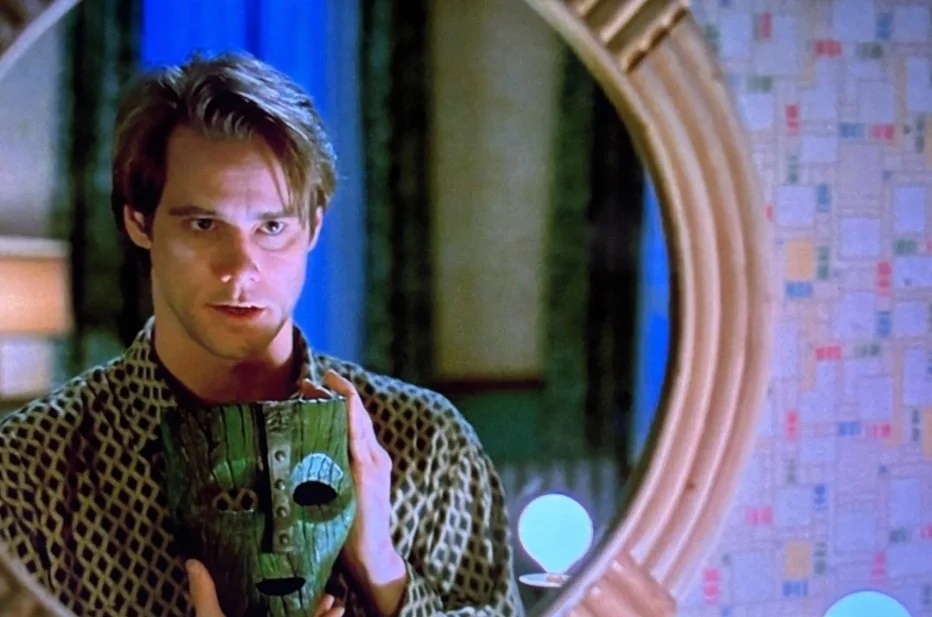“The Mask”, featuring Jim Carrey, is a great movie that illustrates what the Enneagram types are like: masks (or personas) we don until we become so “fused” with them that we forget our true selves. Read this blog to learn about your mask!
Enneagram Types & Therapy
How Enneagram Type-Specific Retreats Help You Dive Deep into Your Personality
Healing Burnout with the Enneagram
Enneagram Body Types - 8s, 9s, 1s
Working with Enneagram Clients in Therapy
What is Self-Referencing + Others-Referencing?
All of us have the capacity of being self-referencing or others-referencing - using ourselves and others as reference points for life, respectively. But what’s the difference between being self-referencing and being selfish, and being others-referencing and being generous? How can we grow beyond our Enneagram type by practicing both options?
Growth Tips for Each Enneagram Type (Part II)
How Does Each Enneagram Type Self-Sabotage?
Growth Tips for Each Enneagram Type (Part I)
What My Birthday Has Taught Me
How to Set Boundaries over the Holidays
Two Quick Tips to Be Assertive
Concentric Circles of Connection
Enneagram Type Nine: What It's Like
Enneagram Type Nines (Type 9s) are other-centered people who seek comfort and focus on pleasing others, aiming to ease conflict in their lives. This tendency can lead Nines to fall out of touch with their own emotions, especially with anger. Read about what it’s like being a Type Nine from therapist Lorren Penner.


























